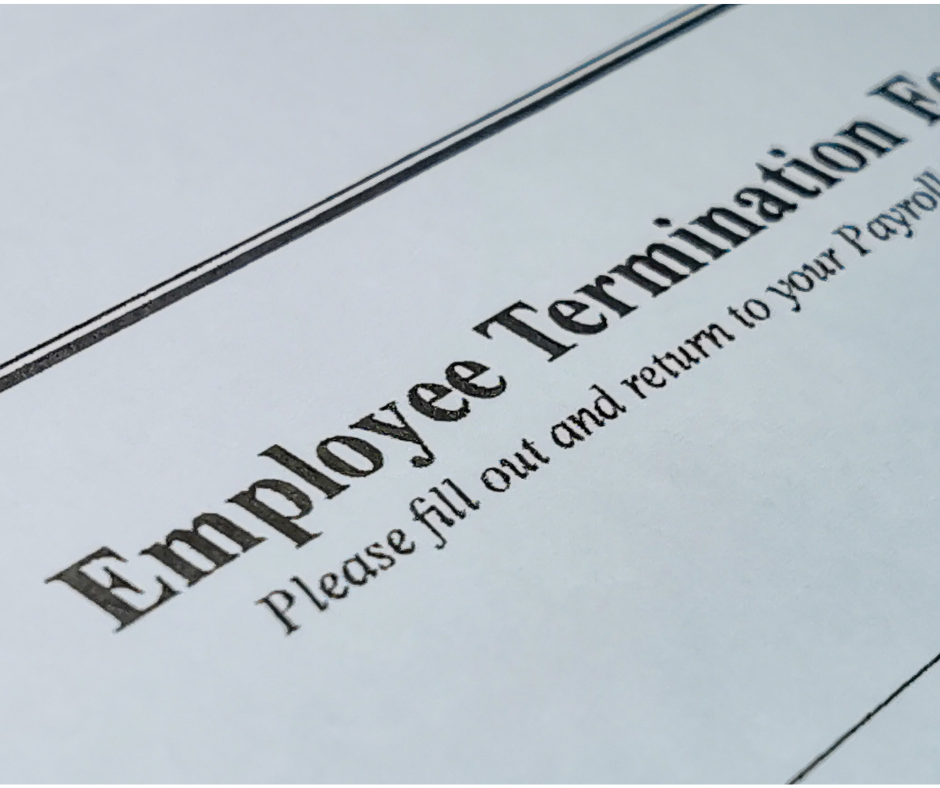Layoffs Are a Choice, Not a Law of Business
Why So-Called “Tough Decisions” Are Really Just Corporate Priorities.
(Editor's Note: This post was originally published on February 25, 2025. As I migrate my work to this new platform, I've updated it to better reflect my current frameworks and sharpened my thinking from the original piece. The core ideas remain the same.)

Another round of layoffs. Another wildly profitable company gutting jobs to protect executive bonuses. I saw the Meta headlines last week and felt that familiar mix of frustration and exhaustion.
At this point, we all know the script. A company makes a massive cut (3,600 jobs in Meta’s case) while simultaneously doubling executive bonuses. Meta isn’t struggling; it’s making billions. Yet in a system where shareholder value is king, employees are seen as costs to be slashed, while executive pay is a sacred expense.
Meta is the latest example, but it isn't the exception. It’s a feature of the system.
Who decided this was normal? When did “efficiency” mean cutting the very people who keep a company running?
A Tale of Two Models
Layoffs like Meta’s aren’t about financial survival. They’re about protecting shareholder expectations. Executive bonuses are often tied to stock performance, and layoffs signal “discipline” to Wall Street. For companies like Meta, “efficiency” is a convenient word for reducing headcount, not rethinking priorities.
They do this because the traditional corporate model gives them no legal or structural reason not to. Their primary duty is to the shareholder. And if cutting 5% of the workforce boosts the stock price by 5%, it's considered a good decision.
B Corps operate under a different set of rules. They commit to balancing the needs of employees, customers, communities, and the planet, not just investors. This commitment isn't just a promise; it's a legal and structural part of their business.
This is why a B Corp would approach this moment differently:
- They find solutions first. Layoffs aren't the first move. The B Corp model requires a company to first consider a range of alternatives—from adjusting dividends to reducing executive compensation—before touching jobs.
- They pay fairly. Employees get living wages and profit-sharing, instead of watching executives pocket millions while they get pink slips.
- They hold themselves accountable. B Corps undergo rigorous third-party audits, meaning they can't hide mass layoffs behind corporate jargon without scrutiny.
Why This Matters Now
The B Corp model is about building a more resilient business, one that preserves talent and builds long-term value instead of extracting it for short-term gains.
Think about it: while Meta slashes jobs, B Corps like Rhino Foods, a Certified B Corp, created an Income Advance Program that gives employees same-day, interest-free loans for unexpected expenses. During crises like COVID-19, companies like Allbirds and Patagonia continued paying their employees instead of leaving them stranded. This is about more than just being “good”; it's about building a durable, loyal workforce.
B Corps are not immune to economic pressures, but they handle them differently. That’s why they are more resilient.
Meanwhile, at Meta:
- 3,600 people lost their jobs.
- Executive bonuses doubled.
It’s not about survival. It’s about priorities.
B Corps Aren't Perfect. They're Just Better.
B Corps aren't a magic fix. They can still struggle. They can still fail. They can still make bad decisions.
But here's what they can't do:
- Prioritize stock prices over human livelihoods.
- Lay off workers while boosting executive pay without scrutiny.
- Operate purely for short-term shareholder gain.
The B Corp model changes the incentives. A company’s success shouldn't be measured solely by its stock price. It should be measured by how well it supports the people who actually build it.
This isn't just a conversation we need to be having. It's the standard we need to be demanding.
What if business actually worked for people?